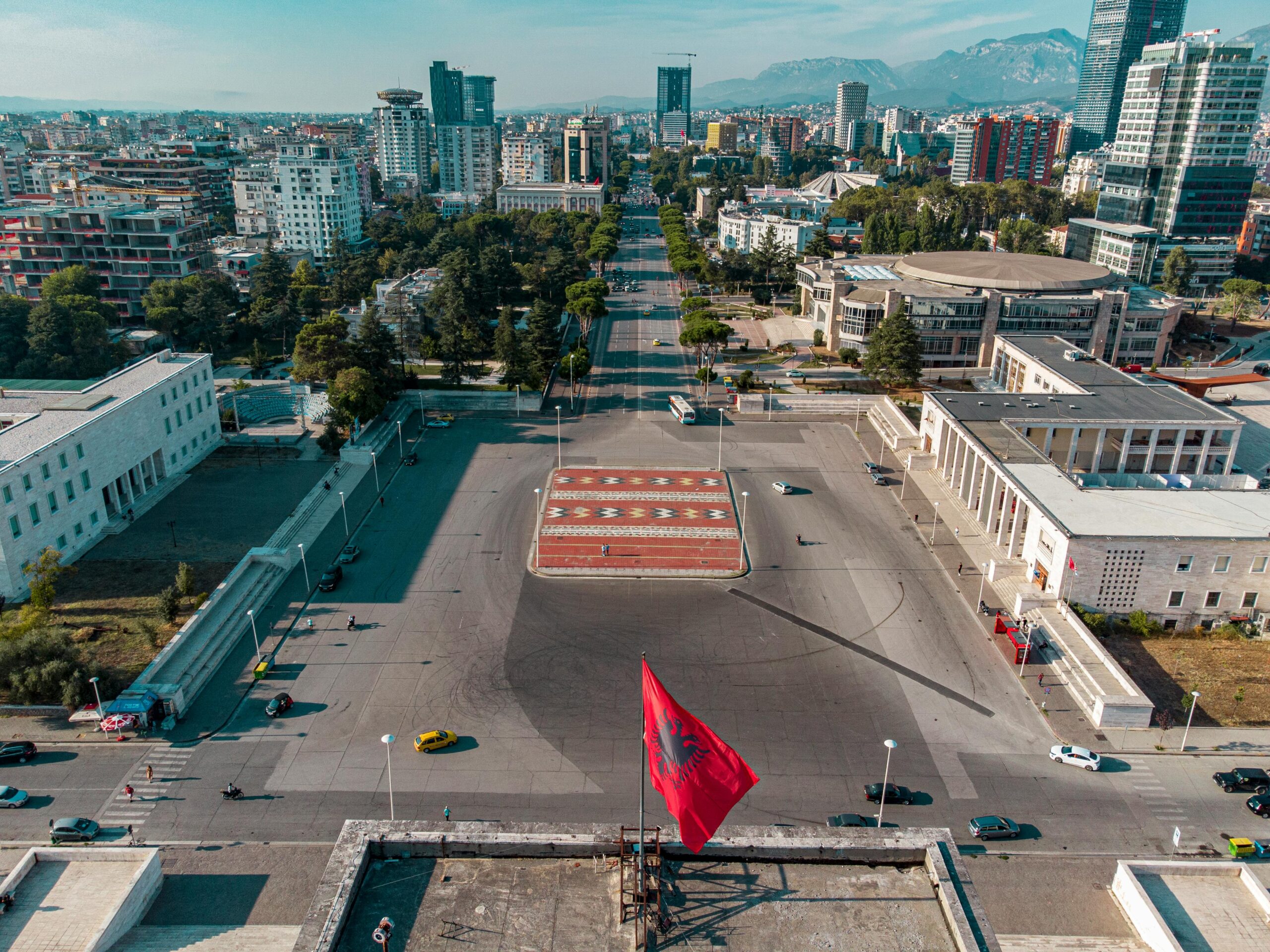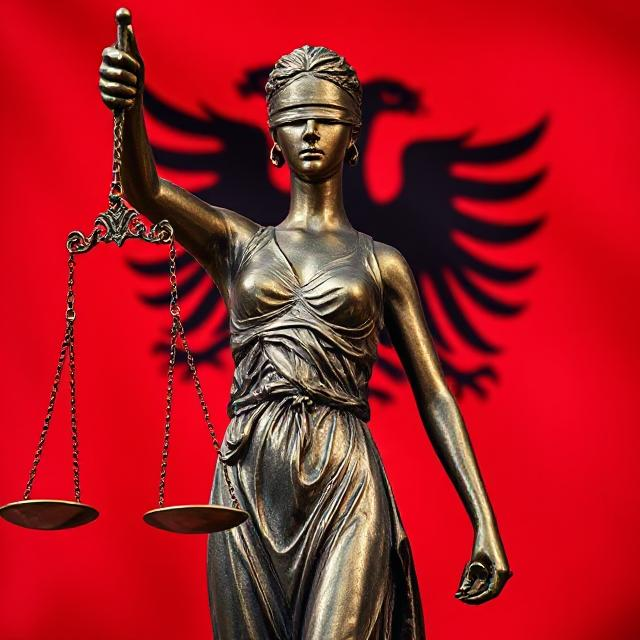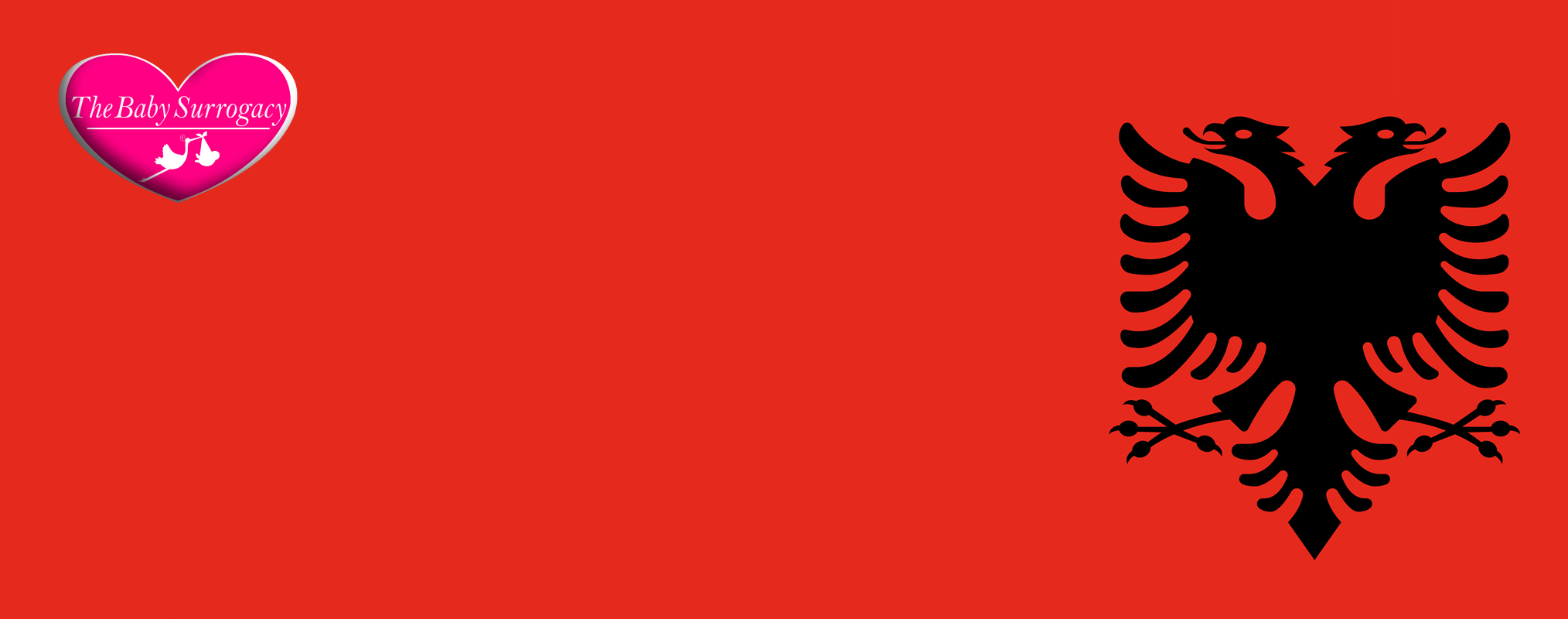
Introduction
Surrogacy in Albania has become a legal dilemma for some international intended parents.
For many, surrogacy represents a final hope in their journey to parenthood. However, in countries like Albania, where surrogacy laws are unclear, the situation is even more complicated. As CEO and Founder of The Baby Surrogacy, I’ve seen how agencies market Albania as a surrogacy-friendly destination. In many cases, this serves their financial interests rather than the needs of the intended parents.
I was quoted in a recent article exploring this issue in depth. I explained how some agencies exploit Albania’s legal grey zone. They present the country as a low-cost alternative to more regulated destinations. As a result, many parents believe they are entering a safe legal process. In reality, they risk facing serious legal and emotional difficulties.
The legal framework in Albania: a grey area?
Surrogacy in Albania is not formally regulated by law. While the term surrogacy is mentioned in certain legal texts, such as the Family Code and Law No. 8876 of April 4, 2002, on Reproductive Health and Assisted Reproduction, these references are minimal and do not establish any concrete procedures. As a result, surrogacy remains legally undefined and unsupported by a clear regulatory framework, leaving all involved parties (intended parents, surrogates and children) exposed to significant legal uncertainty.
The Albanian Family Code, for instance, includes general provisions on parentage and maternity but fails to address surrogacy. Article 178, which establishes maternity, leaves room for legal disputes, particularly in surrogacy cases where the surrogate and the intended mother are not the same person.
Similarly, Article 43 of Law No. 8876 granted the Ministry of Health the authority to issue implementing regulations for assisted reproduction, including surrogacy. However, these regulatory acts have never been issued. This means that while the law acknowledges the possibility of surrogacy, it provides no legal structure to support or control it.
Additionally, Article 261 of the Family Code mentions that adoption in the context of surrogacy, as contemplated under Law No. 8876, must follow existing adoption rules. Yet this reference is conditional and procedural, not substantive. In the absence of tailored surrogacy legislation, these fragmented legal mentions fail to create a cohesive or secure framework.
Thus, intended parents who pursue surrogacy in Albania do so within a legal vacuum. The absence of detailed laws or institutional oversight exposes them to risks such as disputed parental rights, citizenship complications and procedural inconsistencies when trying to establish legal parenthood through adoption.
Challenges of undisclosed risks
The legal ambiguity surrounding surrogacy in Albania is compounded by the lack of regulatory oversight. Intended parents are often led to believe that the process will be straightforward, with agencies presenting Albania as a cost-effective alternative to other surrogacy-friendly countries. However, this oversimplification is dangerous. Without a well-established legal framework, parents could find themselves caught in lengthy legal battles to establish their parental rights or to navigate citizenship issues for their child.
Additionally, many agencies fail to fully inform their clients of the risks involved in undertaking surrogacy arrangements in countries like Albania. When disputes arise, they may be left without legal recourse and their emotional journey can become even more complicated by the absence of protections that are taken for granted in countries with no established surrogacy laws.

The ethical implications
Beyond the legal complexities, the ethical considerations surrounding surrogacy in Albania deserve careful attention. Agencies promoting surrogacy in a country where it is not fully regulated may be prioritizing their financial gain over the welfare of both the surrogate and the intended parents. Surrogacy arrangements are already emotionally and financially taxing; adding an element of legal uncertainty only compounds the stress for all parties involved.
The ethical responsibility of surrogacy experts is to provide transparent and truthful information to intended parents. Sadly, some agencies mislead hopeful families who are simply looking for a chance to bring a child into their lives. The lack of transparency regarding potential legal and ethical risks is a serious concern that should not be ignored.
A Call for caution and reform
As surrogacy continues to gain traction worldwide, it is imperative that intended parents approach it with caution, particularly when considering countries like Albania, where the practice exists in a legal grey area. While Albania may be marketed as an affordable and accessible surrogacy destination, the absence of a clear legal framework and the potential for unforeseen legal issues make it a risky choice for those seeking to start a family.
There is a pressing need for comprehensive legal reform in Albania to provide clarity and protection for both surrogates and intended parents. Until then, intended parents should be fully aware of the risks involved and seek expert legal advice before proceeding with surrogacy arrangements in countries where the laws are not clear.

